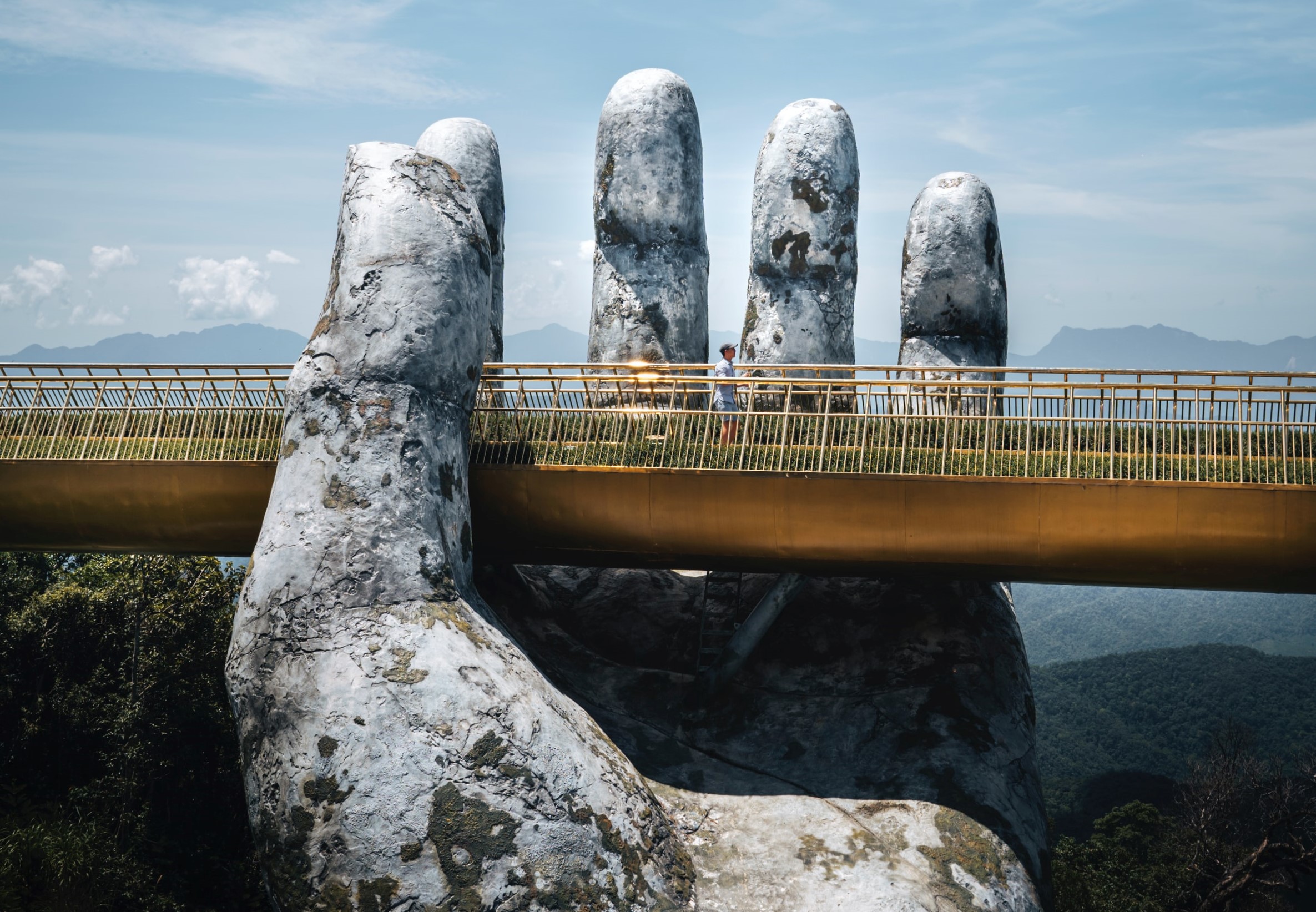By Chi Nguyen, Vietnam Director, Except Integrated Sustainability –
The last few decades have taken a toll on Vietnam’s environment, exacerbated by our vulnerability to natural disasters, climate change, and a post-pandemic recovery. However, we are entering a new phase of development. The future is shaping up to be more innovative, global, and cooperative, and it’s exciting to be a part of it with ViCo, our innovation community in HCMC.
Vietnam’s sustainable goals
Vietnam’s overarching framework for this coming decade is The National Green Growth Strategy for 2021-2030. The plan outlines goals and actions to help reduce GHG emissions by at least 15%, “greenify” the entire economy and raise the quality of living for all.
Policymakers have incorporated targets related to the United Nation’s SDGs into development plans. The UN has recently stated that Vietnam, now a middle-income country, is progressing well compared to other Asian nations and is likely to achieve five out of the 17 SDG goals: no poverty, zero hunger, quality education, climate actions, and global partnerships.
However, there are a few key areas that still need more focus:
- making the best use of natural and financial resources
- improving governance through digitalization
- engaging social organizations and the private sector
- encouraging investment and collaboration with the international community

The following decade promises to be a period of significant change in Vietnam, where leaders and businesses look more outward to embrace participation, collaboration, and systemic sustainability.
Sustainability as a global trend
Vietnam is reliant on FDI, and after a few slow years, investments are rising again in Vietnam. The first quarter of 2022 alone is up 7.8% from the previous year, with FDI currently accounting for over 70 percent of export turnover. This need for healthy partnerships makes the UN’s last two recommendations particularly poignant.
Europe and North America have already begun their green growth phase. As companies and governments look to invest in Asia, they will seek those who can match their demands for sustainability.
The Vietnamese government has announced its willingness to attract and partner closely with new partners, particularly those from nations that have experienced and overcome similar challenges, such as Singapore, the Netherlands, Japan, and the US.
An innovative community in HCMC
Except have initiated ViCo, Vietnam’s first innovation community for sustainability, to facilitate the community that will help this transition. It offers a working space for the public and private sectors and local and global organizations to work together and share insight and knowledge.
Ho Chi Minh City was chosen for several reasons. First of all, as the country’s economic capital, it’s where businesses – both foreign and domestic – are attracted. Secondly is the proximity to the food baskets of the Mekong Delta and Central Highlands and the manufacturing and technology hubs surrounding HCMC, including Binh Duong and Dong Nai provinces. Last but not least is the vibrant entrepreneurialism that is keen to learn and do what they can to preserve the environment and society.
There is a growing demand for these types of communities and their benefits. Once established in HCMC, there are plans to roll out other sister centers in Hanoi, Danang, and other locations across Asia for even greater global connectivity.
There is no single solution for sustainability. However, creating communities to share insight on experience and knowledge is the most impactful way we can enhance cooperation and investments, local innovations, and Vietnam’s systemic sustainability.
All views and opinions expressed on this site are those of the individual authors and comments on this site are the sole responsibility of the individual contributor.

